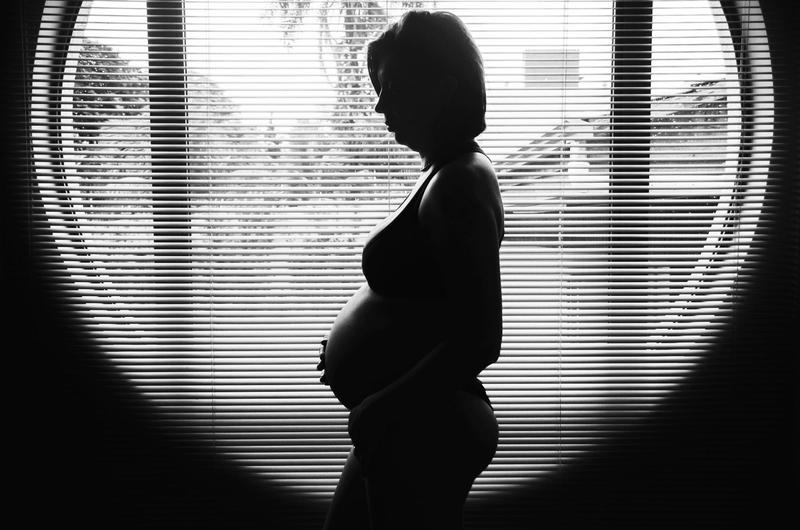If you’re pregnant and vaping, you may want to reconsider
31 August 2018 | Story Latoya Newmam Photo Camila Cordeiro, Unsplash Read time 3 min.
Associate Professor Tony Westwood, from the Department of Paediatrics and Child Health at UCT, has stated that aside from the obvious health concerns, too much is still unknown about the chemicals and toxins in these devices.
His warning comes as Child Safety Month is observed and together with the Children’s Institute, they’re urging parents to consider the dangers of e-cigarettes to infants, children and teenagers.
Westwood said expectant moms may think it’s a good idea to switch over to e-cigarettes, but that too much is still not known about these devices.
“We don’t know absolutely everything, but nicotine is a substance that affects the vascular system and a baby is dependent on the placenta, the so-called afterbirth, in which all the blood comes through blood vessels. And I would think we need to be very concerned about the baby being affected by that. So women who are pregnant or want to be pregnant should really not be involved with these devices,” he said.
He said when it comes to a child, its lifetime should be considered. “From theory, you’ve got to think about children being very young. They’ve got a whole lifetime in which they can be exposed, particularly in childhood, to their parents smoking these things. And there are contents in the exhaled aspect of these products, like certain metals, which we don’t know the full effect of, over many years.”
With e-cigarettes being fairly new to the market, he said research is still ongoing into the extent of the these devices content and effects on health. “So while it’s probably not as bad as cigarette smoke, we’re still talking about children being exposed to vaping in the home over many years. And we can’t take that lying down. We need to warn people of the potential dangers over time.”
The Tobacco Products and Electronic Delivery Systems Amendment Bill, which is currently before Parliament, is partly seeking to address putting standard controls in place to govern how such products are packaged and marketed in South Africa.
Some of the concerns that have been raised by lobbyists include international research that shows how much more is still unknown about the chemical contents of these products and the emissions from them.









